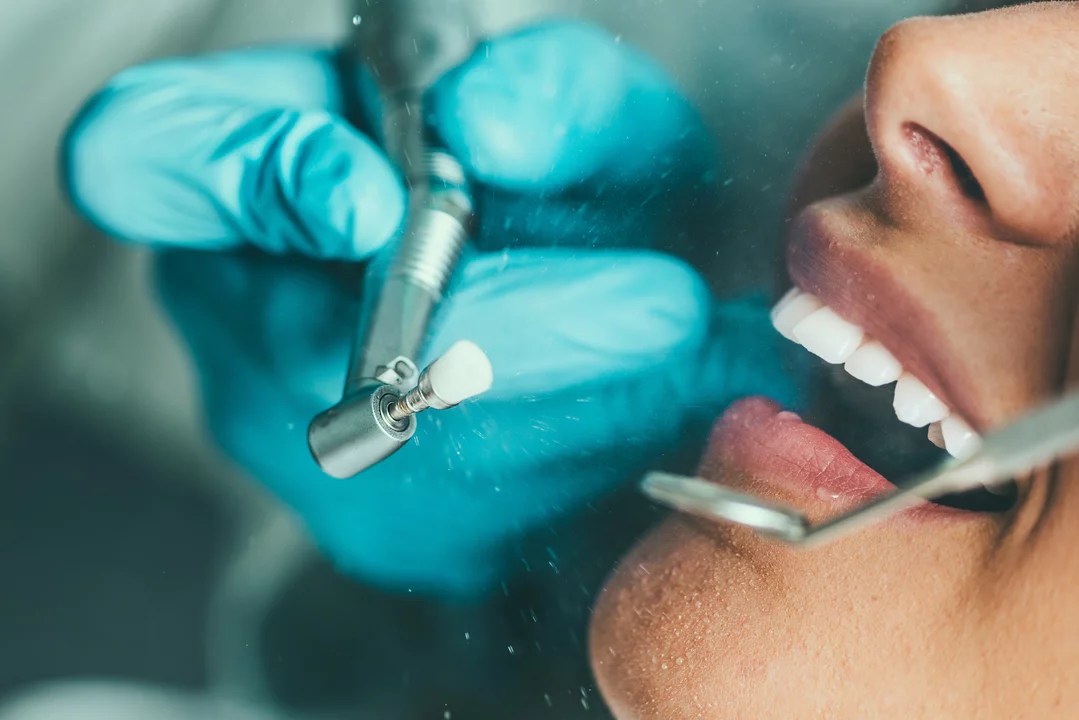Prophylaxis: Practical Prevention Tips for Health
Want to avoid illness instead of fixing it later? Prophylaxis means taking steps now to stop disease before it starts. That can be as simple as a vaccine, or as targeted as a short course of medicine before travel or surgery. The goal is the same: reduce risk, avoid complications, and save time and worry.
Vaccines and everyday habits
Vaccines are the clearest example of prophylaxis. Some seasonal flu vaccines lower your chance of getting sick by about 40–60% in a typical year, and COVID shots have repeatedly cut severe disease and hospital stays. Stay up to date on shots recommended for your age and health — flu, COVID, tetanus, HPV, and others. If you have a chronic condition, ask your doctor which vaccines matter most.
Daily habits matter too. Good hand hygiene, not touching your face, and staying home when contagious reduce spread. Sleep, balanced meals, regular exercise, and stress control strengthen your immune system so preventive measures work better. These are low-cost steps that compound over time.
Medications used for prevention — what to know
Some drugs are used specifically to prevent illness. Travel clinics prescribe antimalarials before visiting high-risk areas. Isoniazid can be given to people exposed to tuberculosis to lower the chance of active disease. Colchicine is sometimes used to prevent repeat gout attacks. In surgery or high-bleeding-risk deliveries, tranexamic acid can reduce severe bleeding when used by clinicians.
Always weigh benefits and risks. Preventive antibiotics or antivirals can cause side effects and may drive resistance if used wrong. That’s why doctors prescribe them only when the benefit is clear — for example, after certain exposures, before specific surgeries, or for people with known high risk.
Want to buy preventive meds online? Use verified pharmacies, require a prescription when appropriate, and avoid sites that sell prescription drugs without a doctor’s oversight. Check for clear contact details, pharmacy certification, and reader reviews. If a deal looks too good to be true, it probably is.
Know the timing. Some prophylactic medicines must start before exposure — antimalarials often begin a day or more before travel, and vaccines need weeks to build protection. Other agents work when given right after exposure, like some post-exposure antivirals. Ask your provider when to start and for how long.
Prophylaxis isn’t one-size-fits-all. Age, medical history, pregnancy, and current meds change the best choice. Discuss allergies, liver or kidney issues, and existing drugs with your clinician before starting preventive therapy.
If you want practical next steps: review your vaccine record, schedule recommended shots, talk to your doctor about specific risks (travel, TB exposure, recurrent gout), and follow trusted pharmacy advice when purchasing meds. Small prevention choices now often mean fewer big problems later.

The Role of Prophylaxis in Preventing Tooth Erosion
As a blogger, I've been researching the role of prophylaxis in preventing tooth erosion, and I've discovered just how significant it is. Prophylaxis, which includes professional dental cleanings and at-home oral care, plays a vital part in maintaining our tooth enamel's health. By removing plaque and tartar buildup, we can prevent the harmful effects of acid-producing bacteria on our teeth. Additionally, regular dental check-ups and a proper oral hygiene routine work together to keep tooth erosion at bay. In conclusion, prophylaxis is essential in preserving our teeth's health and preventing tooth erosion.
